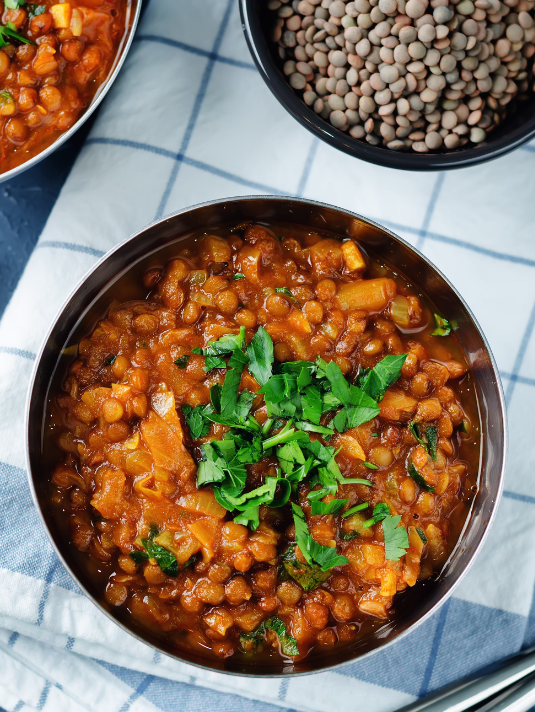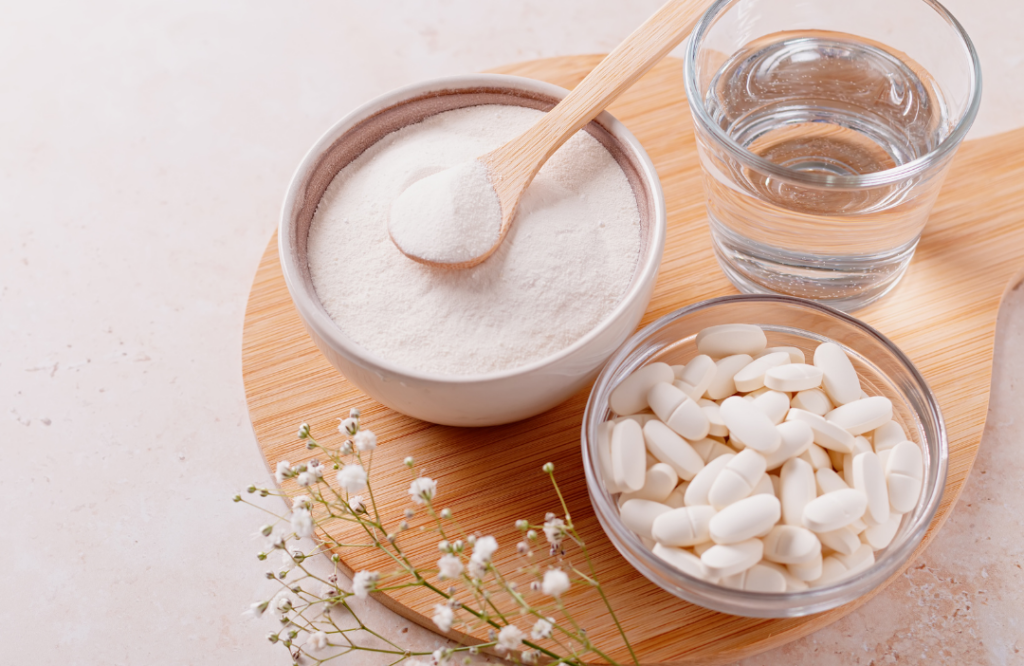5 Chinese Medicine Tips for Winter
Published on December 22, 2022 by Belle Kuhn
Chinese medicine pays close attention to the flow of the seasons because they offer essential guidance on sustaining our well-being. These 5 wellness tips for Winter are rooted in ancient Chinese traditions and backed by modern medical research.
1. More sleep, bedtime by 10pm
In nature, plants and crops shut down their thriving ways to endure the bitter cold months and ultimately regenerate their leaves and flowers in the spring. Animals nestle deep in their homes to hibernate and conserve energy. The days are shorter and the nights are longer. Naturally, we feel compelled to just stay inside and rest with a warm blanket by the fire.
This is the time to go to bed earlier (we recommend 10pm or earlier for best restoration), and sleep in when possible. Sleep is critical for immunity, brain function, weight maintenance, hormone health, mood, an adaptive stress response, decreasing inflammation and so much more. Sleep is not a luxury, it’s a priority! Shoot for at least 8 hours on average.
2. Hydrate with sea salted water
In Chinese medicine, Winter is associated with the Water element which is the foundation for all life on earth. The value of staying hydrated doesn’t end with Summer. The environment is taking a toll on our skin with dryer hands and chapped lips. The heat blowing in the home and car make the air even dryer. Dehydration increases our susceptibility to all the viral and bacterial infections going around. You’ll want to drink at least half your body weight in ounces of pure, room temperature water every day to stay properly hydrated. We recommend adding some sea salt to your water which helps support hydration and kidney health. If you have trouble remembering, carry a bottle with you throughout the day or set a reminder on your phone if you have to. Your body will thank you!

3. Get outside during daylight hours
Give your eyes and ears a break from the screens. You don’t want to miss out on the health benefits of the pristine beauty and serenity of the quiet Winter woods. If you’re not a skier or snowboarder, bundle up and take a brisk walk around the lake or snap on some snowshoes and go for a little hike in the mountains. This is not only great exercise, it increases blood flow to vital organs and helps with mental clarity and mood. This can also provide a new perspective to daily challenges and help with decision making.
4. Take care of your kidneys
Winter is the season of the Kidneys. According to Chinese medicine, they represent our “essence” and hold all of the energy that we’re born with to sustain our whole lives (AKA pretty important little guys). They play a key role in adrenal health, stress response, immunity, metabolism and blood pressure. This is a good time to nourish and detoxify them with rest and proper nutrition. Foods especially good for the kidneys are goji berries, walnuts, kidney beans, organ meats, beets, eggplant, blue and blackberries, royal jelly, brown rice, bone broth, seaweed and miso soup. Moderate kidney stressors like alcohol, high sodium foods, over-the-counter drugs and inflammatory foods like gluten, dairy and processed sugars.
The new year is a great time to do that detox you’ve been putting off. Try 3 weeks of only organic, locally sourced whole foods paired with detoxifying herbal teas and regular acupuncture. You can also schedule a visit with us and we can guide you on the appropriate detox plan for your individual needs.

5. Eat winter foods
You’ve heard it over and over again for a reason. Foods that are naturally available in nature for Winter harvest are going to be the best for your body in that season. In Chinese medicine, we especially want to include salty and bitter flavors which promote a grounding and centering effect that heightens the capacity for storage. This helps bring internal body heat deep and low yet cooler on the surface so you’re more adaptable to the colder weather. Focus Foods (in addition to those above):
- Whole grains: rye, oats, quinoa, amaranth, millet, & barley
- Roasted nuts: hazelnut, almond, pinenut, brazil, & cashew
- Cooked veggies: dark leafy greens, watercress, turnip, celery, asparagus, carrots and carrot tops, onion, mushrooms, garlic & cabbage
- Coldwater fish: salmon, tuna, cod, sardines & shellfish
- Beans & legumes: small dark beans like adzuki, navy & black beans, red lentils
The smells and sounds of cooking at home prepare your body for ultimate nourishment. You can incorporate these in a warm hearty soup, curry dish or paella.
Taking care of yourself doesn’t have to be all business. Have fun with it! Spend some quality time with loved ones making a warm healthy meal or grab a friend for an enjoyable outdoor activity. Remember not to beat yourself up for an indulgent meal or skipping a party. It’s all about listening to your body and finding some balance.
References
- Pitchford, P. (2009). Healing with whole foods: Asian traditions and Modern Nutrition. North Atlantic Books.
- Maciocia, G. (2015). The foundations of Chinese medicine: A comprehensive text. Elsevier.
- Irwin MR. Why sleep is important for health: a psychoneuroimmunology perspective. Annu Rev Psychol. 2015 Jan 3;66:143-72. doi: 10.1146/annurev-psych-010213-115205. Epub 2014 Jul 21. PMID: 25061767; PMCID: PMC4961463.






